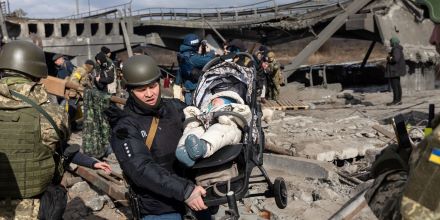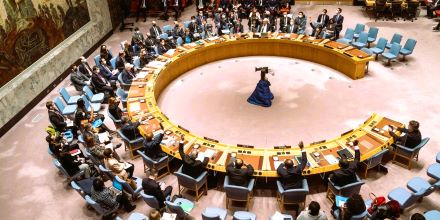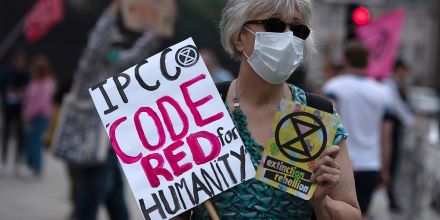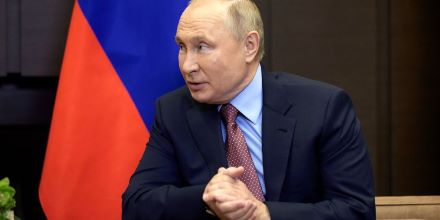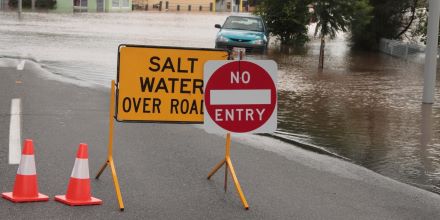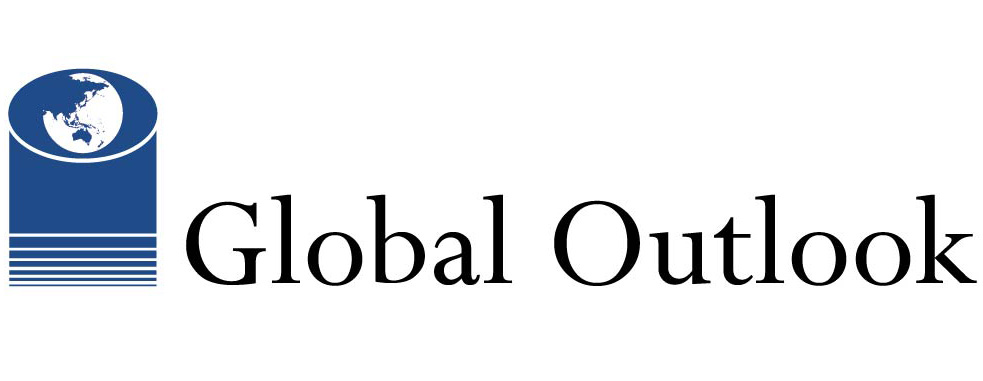
Curated expert opinion on intractable contemporary issues
The Tragedy in Ukraine That Could Have Been Avoided
By Chung-in Moon | 12 March, 2022
People may take various positions on what happened in Ukraine, but when it comes down to it, the most important – and tragic – fact is that all this destruction could have been avoided.
Russia’s Weekly Troop Losses in Ukraine Have Already Overtaken Soviet Casualties in Afghanistan
By Amin Saikal | 11 March, 2022
Russia claims that the number of its soldiers killed and injured in the first six days of its invasion of Ukraine is a fraction of what Ukraine has said to be more than 5,000 dead and many more wounded. While neither side’s claims can be verified, even if we rely on official Russian figures, they are proportionally much higher than what the Soviet Union lost in Afghanistan over a decade in the 1980s. This raises serious questions about the ability and efficacy of the Russian military under Vladimir Putin in comparison to the forces his Soviet predecessors commanded during the Afghan war.
India’s Stake in the Ukraine Conflict
By Ramesh Thakur | 10 March, 2022
On 25 February, the United Nations Security Council voted on a draft resolution condemning Russia’s invasion of Ukraine and calling on it to stop the attack and withdraw its troops. Sponsored jointly by the US and Albania, the resolution received the affirmative vote of 11 of the council’s 15 members. But it was defeated by the solitary negative vote of Russia (by chance the council president for February) as a veto-wielding permanent member. The three countries to abstain were China, India and the United Arab Emirates.
What Do We Know About Climate Change, Peace and Conflict?
By Tobias Ide | 08 March, 2022
The impacts of climate change on peace and conflict are high on the agenda of policy makers and the general public. From UN Security Council debates about climate change and security to comics about the impact of drought on the Syrian civil war, interest in the topic has grown immensely in recent years. If challenges like the COVID-19 pandemic have taught us anything, it is the importance of science in addressing global problems. So, what is the scientific evidence on climate change, peace and conflict?
Putin’s War in Ukraine: How To Get Out of the Catch-22 Situation?
By Herbert Wulf | 06 March, 2022
War is back in Europe. What a shock. At the beginning of the year we asked ourselves: Are we back in the Cold War? Now it’s a hot war. It’s not the first war in Europe: Northern Ireland, several Balkan wars, Georgia, Moldova. This time, it seems we are back in the old block confrontation. Western politicians and media call it the third historical turning point after the fall of the Berlin Wall and 9/11.
Tiny Pacific Atolls Battered by King Tides as IPCC Makes Big Waves
By Volker Boege | 05 March, 2022
On 25 February, the government of the Autonomous Region of Bougainville in Papua New Guinea (PNG) declared a State of Emergency in the Atolls Constituency of the region. On 28 February, the Intergovernmental Panel on Climate Change (IPCC) released its latest climate science report. While the state of emergency in Bougainville was hardly noticed internationally, the release of the IPCC report drew comprehensive international attention
The views and opinions expressed in Global Outlook are those of the authors and do not necessarily reflect the official policy or position of Toda Peace Institute.
